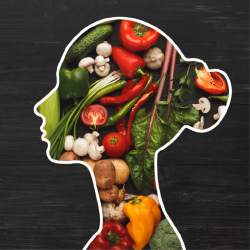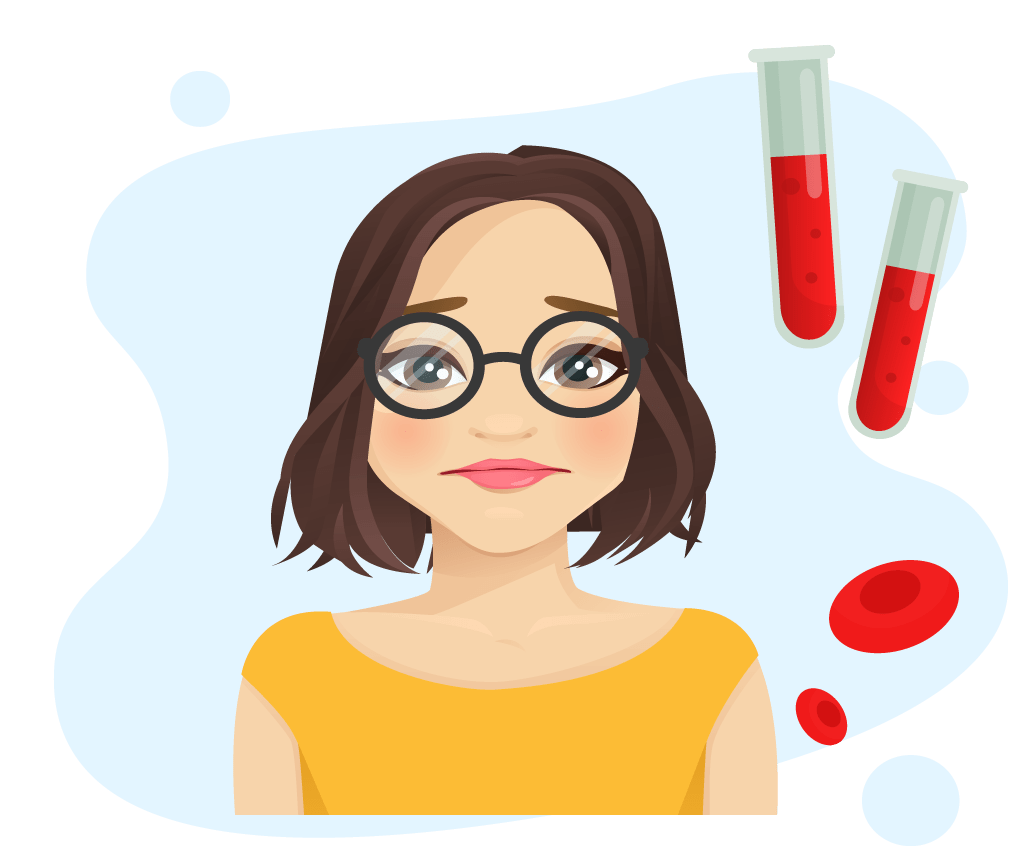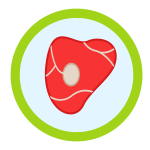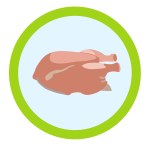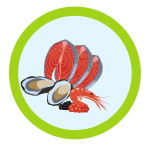The Silent Thief: Understanding Anemia and Its Effects on Your Health
Anemia is a health condition where red blood cell count or the amount of hemoglobin in blood decreases. It leads to a reduction in oxygen supply to the blood, which results in a lack of energy in the cells. This leads to the slowing down of bodily functions such as cell repair and muscular activity. The brain also receives less oxygen, which can cause dizziness and reduce mental sharpness. Anemia can be caused by factors such as drug use, hormonal disorders, chronic inflammation, infections, and dietary deficiencies such as iron, folic acid, and vitamins B6 and B12. Women suffering from menorrhagia and those using intrauterine devices for contraception face a higher risk of blood loss leading to anemia. Anemia is often a hidden disease, and the symptoms commonly go unnoticed. 20 percent of those affected by anemia are women and 50 percent are children.
Decreased Production
- Iron deficiency
- Vitamin B deficiency
- Folic Acid deficiency
- Vitamin C deficiency
- Aplastic Anemia
- Myelofibrosis
- Myelodysplasia
- Lukemia
- Lymphoma
- Metastatic Cancer
Excessive Bleeding
- Accident
- Surgery
- Ruptured Blood Vessel
- Child Birth
- Chronic Nose Bleeds
- Hemorrhoids
- Stomach Ulcers
- Cancer/ Polyps in digestive tract
- Tumors in Kidney or bladder
- Heavy Mensuration
- Endometriosis
Red Blood Cell Destruction
- Enlarged Spleen
- Mechanical Damage
- Autoimmune Reaction
- Paroxysmal nocturnal hemoglobinuria
- Hereditary spherocytosis
- Hereditary elliptocytosis
- G6PD deficiency
- Sickle cell disease
- Hemoglobin C disease
- Hemoglobin S-C disease
- Hemoglobin E disease
- Thalassemia
Symptoms
Usually, anemia is not a significant health problem on its own, but it is a warning sign of an underlying disease. It can be the initial symptom of arthritis, infection, or some severe illnesses like cancer. It is crucial to investigate and determine the cause of anemia. If you have a balanced diet and still suffer from anemia, your physician can conduct a simple test called ESR (erythrocyte sedimentation rate) to detect any inflammation in the body.

Fatigue

Dizziness

Nail Changes

Fragility Of Hair
The reason fatigue is so common amongst anemic patients is that red blood cells are responsible for carrying oxygen to various parts of the body, including the muscles and tissues. With anemia, the body lacks the necessary hemoglobin to adequately distribute oxygen to the body, leading to fatigue.
The brain relies heavily on oxygen to function correctly, and just a few moments of oxygen deprivation can cause dizziness, lightheadedness, and even fainting. When oxygen levels are low, the heart is unable to pump sufficient blood to the brain, resulting in a lack of oxygen-rich blood in the body.
Nail changes caused by anemia can include brittle nails that break easily, spoon-shaped nails, pale nails, and vertical ridges or lines on the nails.
Hair loss and thinning is also a symptom of anemia. Hair follicles require a constant supply of oxygen-rich blood to grow and maintain healthy hair.
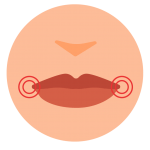
Dry Cracked Lips

Dry Skin

Frail Bones
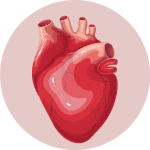
Heart Ache
Anemia can cause your lips to become dry, cracked, and even bleed with time. These symptoms can be uncomfortable and even painful, making it difficult to eat, drink, and speak properly.
Dry skin can be a frustrating and uncomfortable issue, and one of the lesser-known causes of dry skin is anemia. This lack of iron can cause a reduction in the amount of oxygen getting to the skin, resulting in dryness, flakiness, and itchiness.
A lack of iron can cause frail bones and reduce quality of life. Lack of oxygen leads to decreased bone density and increased risk of fractures, pain, and disability.
The heart requires a lot of oxygen to function properly. When there is not enough oxygen in the blood due to anemia, the heart has to work harder to pump the blood around the body. This extra strain on the heart can cause chest pain, also known as heartache.
Food Sources
How do I ensure maximum Iron assimilation?
To make the most of your iron intake, try incorporating vitamin-rich foods into your diet. Remember to consult with your doctor to see if supplements are necessary to meet your vitamin needs. The following are nutrients that are needed to support Iron processes in the body
Retinol a.k.a Vitamin A aids in iron-storage
Ascorbic Acid a.k.a Vitamin C enhances the absorption of non-heme iron found in plant-based foods.
Pyridoxine a.k.a Vitamin B6 aids in hemoglobin production and iron absorption, as well as converting iron into a more usable form.
Folate helps the body absorb iron.
Vitamin B-12 is essential for synthesizing red blood cells
* Your health is important. Consult with your doctor to address any health concerns you may have.
The role of Thiamine in Autism

